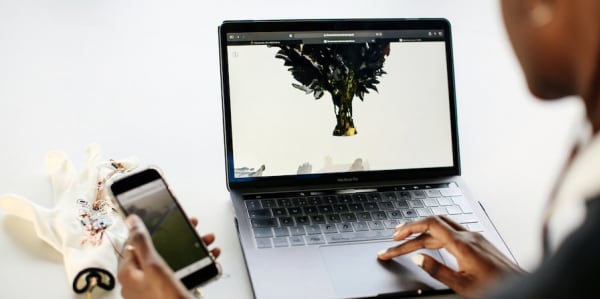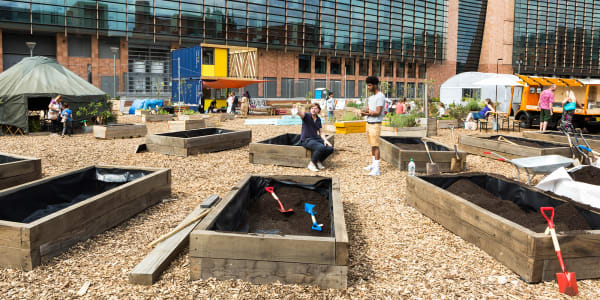Research and projects
Our research enhances cultural life and a diverse range of communities.
Find out about current and completed research by UAL researchers and research students.
Featured projects
-

Gabrielle Ngoo working on her laptop and phone, Alys Tomlinson
Branded Content Governance Project
International research project that examines the regulation, policies, practices and communications surrounding brand-funded content.
-

Vibration by Rodrigo Valla is licensed under CC BY-NC 2.0
ReDigIm: Redistributive Imaginaries
Research and Knowledge Exchange project investigating meanings and practices of redistribution in the context of digitalization.
-

T-Factor, Photographed by Adam Razvi.
T-Factor
Transforming historic urban areas and/or cultural landscapes into hubs of entrepreneurship and social and cultural integration.
Find more UAL projects
Funded research projects by UAL staff researchers:

